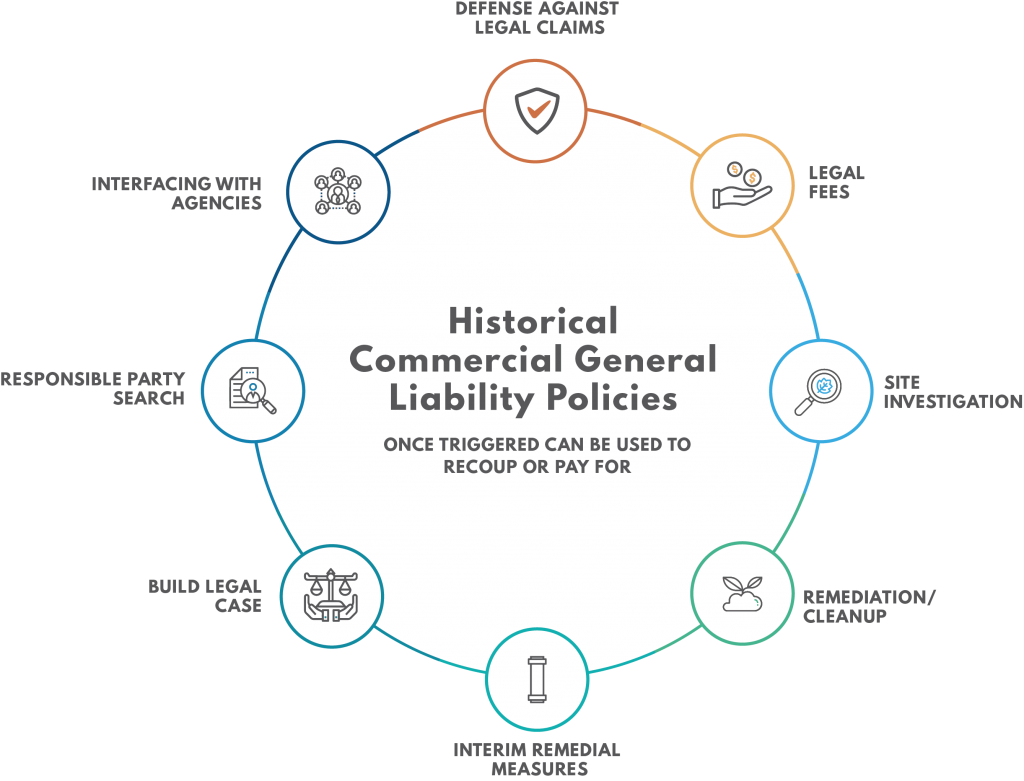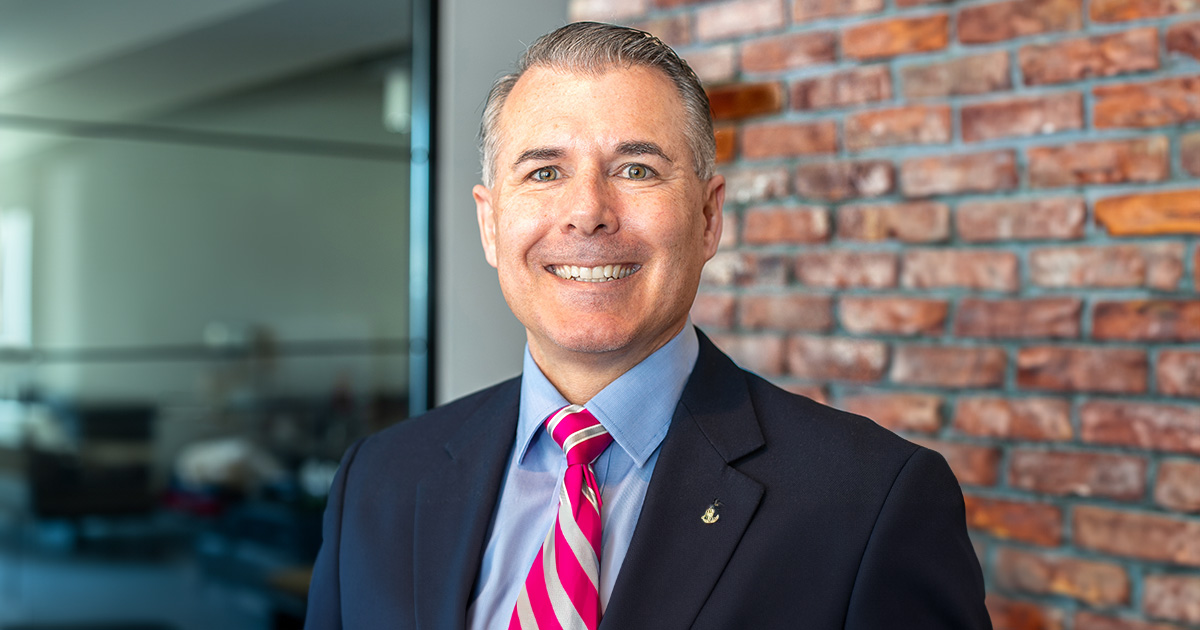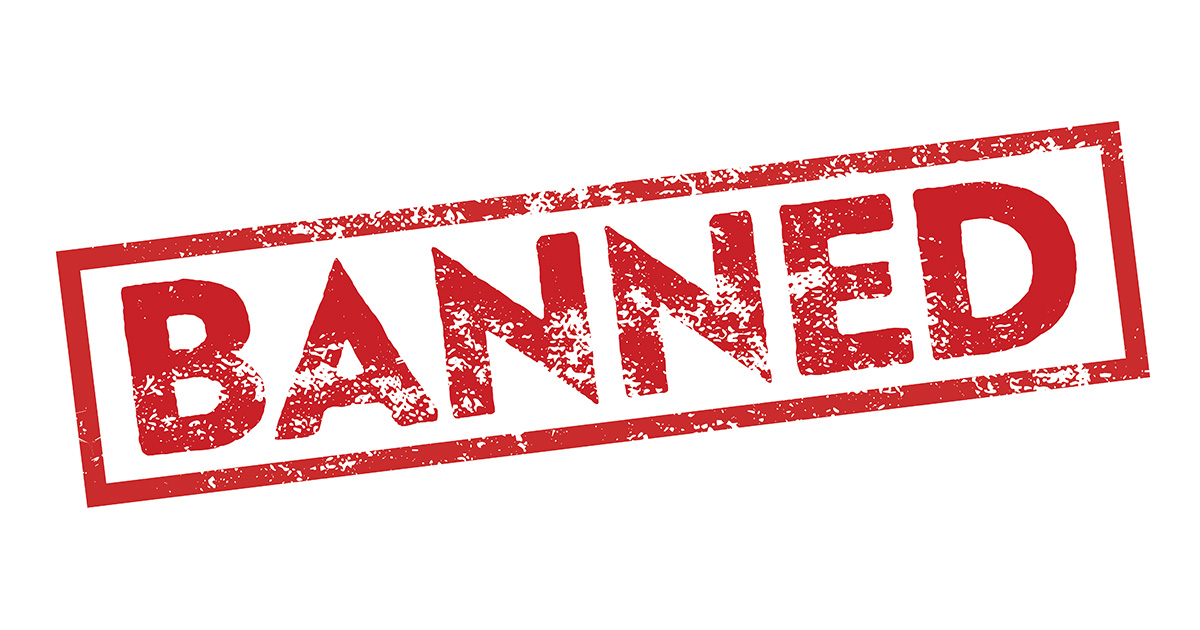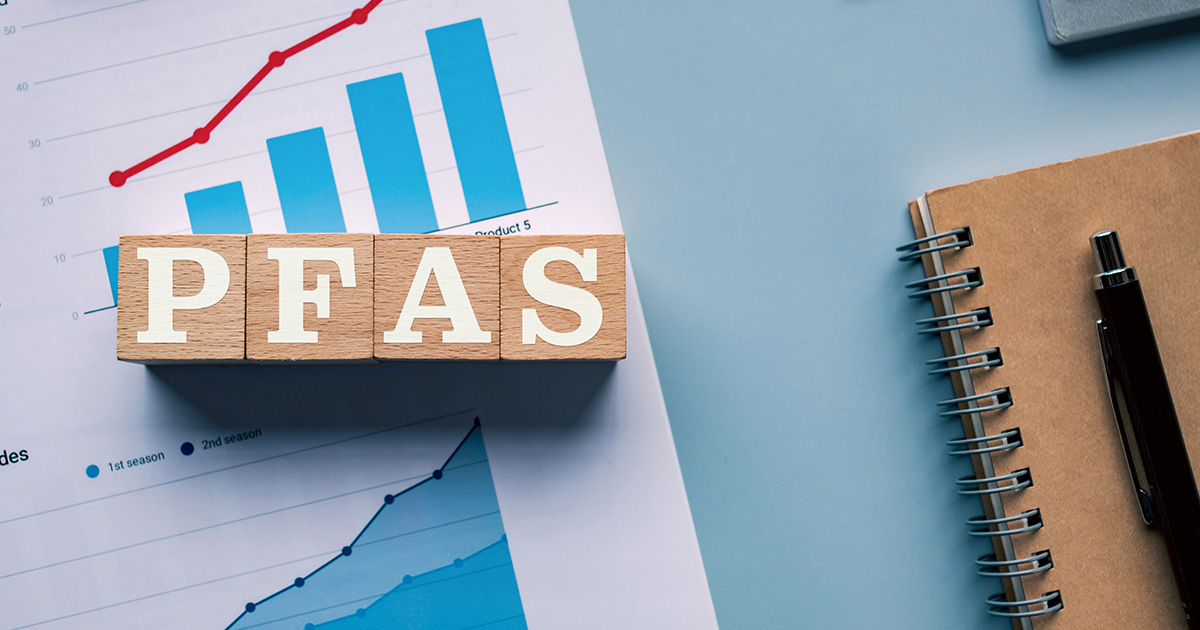SELECTING THE RIGHT ENVIRONMENTAL CONSULTANT IMPROVES THE QUALITY OF YOUR DECISIONS AND THUS THE SUCCESS OF YOUR PROJECT. CONSIDER THESE PIECES OF CRITERIA WHEN SELECTING AN ENVIRONMENTAL CONSULTANT FOR YOUR DRY CLEANING BUSINESS.

BY: JEFF CARNAHAN
Environmental contamination from past dry cleaning operations negatively affects many businesses, properties, communities and individuals across America. Dealing with environmental contamination has become a routine part of running a dry cleaning business–it’s even changed the standards for conducting environmental due diligence when buying or selling commercial property. I’ve compiled a list of five things dry cleaners need to consider when choosing an environmental consultant.
1. REACH OUT TO YOUR PEERS FOR ADVICE AND REFERRALS, BUT DO YOUR DUE DILIGENCE
You are certainly not the first dry cleaner in your area to deal with an environmental release. There are many excellent national and regional dry cleaner associations, and some of their members have been through this before. Sometimes, just a conversation about someone else’s experience with the unknown can be enough to set one’s mind at ease, or at least give some level of comfort. One of the first things that anyone who has dealt with environmental contamination issues will tell you is that you need to hire a good consultant and a good attorney.
If you get a referral, evaluate the business situation of the person who gave you that referral. Be sure to ask:
- What was their business situation?
- What was the extent of their contamination?
- What was their end goal?
- How much did they spend out-of-pocket on costs?
- Did they achieve their goal?
- Was their property value restored to fair market price?
Remember each situation is unique. Be careful that you don’t fall into selecting an environmental consultant based upon close proximity or perceived to be the cheapest.
Selecting the right environmental consultant is one of the most important business decisions you’ll face and there are important differences between environmental consultants. If a business owner doesn’t know that there are differences between environmental consultants, countless hours and dollars may be wasted, projects could drag on for years and site closure or settlement may not be achieved.
2. FIND AN ENVIRONMENTAL CONSULTANT THAT IS RIGHT FOR YOUR UNIQUE CIRCUMSTANCES
An environmental consultant is typically a scientist or an engineer who has received specialized training about the way contamination behaves in the soil, groundwater, and air and possesses an understanding of the regulatory climate under which contamination issues are governed. Given the wide variety of geological conditions across the planet, the vast numbers of different types of contaminants in the world today, and the complex network of local, state, regional and national regulatory agencies; it’s a pretty tall order for one person to be an expert at them all. That’s why most businesses facing environmental issues hire an environmental consulting firm, which includes a number of individual professionals with expertise across many scientific and regulatory disciplines. This way you get the benefit of all this expertise for one price.
Your consulting firm must have demonstrated experience with successful investigations and cleanups of subsurface chlorinated solvents releases, like PCE and TCE
From an investigation perspective, it can be challenging to identify the true source areas of a Perc release, to determine the timing of when the release occurred, know where to look for downgradient portions of migrating groundwater plumes, and anticipate what caused the release.
From the cleanup perspective, chlorinated solvents, like perc, have chemical and physical properties that make it much more complicated to clean-up and achieve regulatory closure. It doesn’t breakdown in most natural subsurface environments and pockets of pure Perc product that hasn’t yet dissolved can be mobilized if appropriate care and skill aren’t exercised, which can create a bigger problem than already exists. I’d say a consultant who hasn’t yet managed over a hundred Perc dry cleaner sites probably doesn’t yet have a good feel for the unique complexities these sites hold.
PRO TIP: BE SURE TO INTERVIEW POTENTIAL CONSULTANTS TO FIND OUT WHAT THEIR AREA OF EXPERTISE IS. ASK FOR A VARIETY OF CASE STUDIES AND REFERENCES THAT DEMONSTRATES THE CONSULTANTS’ SUCCESSFUL EXPERIENCE. REMEMBER THAT ONE TYPE OF CONTAMINATION IS NOT LIKE THE OTHER AND THAT ANY LACK OF SPECIFIC EXPERIENCE WITH PERC IS A POTENTIAL RED FLAG.
Download our Environmental Consultant Interview Questionnaire to help you during the interview process.
3. FIND AN ENVIRONMENTAL CONSULTANT WITH EXPERIENCED VAPOR INTRUSION EXPERTS
For many dry cleaner sites, vapor intrusion issues are typically at the forefront of concerns. Perc, a common dry cleaning chemical, has a high degree which means the volatility of the chemical almost always results in subsurface vapor or vapor intrusion. Since vapor intrusion is common at dry cleaner sites, you’ll want to find a vapor intrusion experts who also understand Perc sites.
Not all environmental consulting firms have vapor intrusion experts. Some firms shy away from the vapor intrusion work even though they do soil and groundwater sampling work on Perc or TCE sites. Firms without their own vapor intrusion experts often subcontract those services, which can dilute the internal communications with the client. A firm with demonstrated expertise in all forms of Perc contamination ensures that the vapor intrusion investigation, mitigation, and risk management can remain a strategic component of the entire site closure approach.
4. FIND AN ENVIRONMENTAL FIRM WITH SKILLED RISK COMMUNICATORS
When subsurface contaminants that have originated at your dry cleaner site migrate to off-site properties in the soil, groundwater or vapors, there are difficult yet necessary conversations ahead. Sometimes there are even conversations that need to be had with your own on-site employees, on-site tenants, or neighbors. Each of these communications regarding how contamination, that you are responsible for, has impacted their property, or potentially even exposed site occupants above health-based screening levels, is a high-risk of liability for you. Your environmental attorney is going to be intimately involved in these conversations, but a good environmental consultant is going to employ professionals who are highly skilled in explaining these situations to affected persons or communities.
In my experience of representing dry cleaners for over 20 years, I routinely need to convince next door neighbors to allow access for sampling on their properties and even explain how there may need to be restrictive covenants outlining a contract or agreement for their properties following regulatory closure.
Your environmental consultant should engage their professionals who have specific training and experience in risk communication and public relations to hold public meetings or interface with the occupants of buildings where vapor intrusion exposure issues are known to exist. Trust me, when you have a consultant walking into an elementary school gymnasium full of anxious parents to discuss a vapor intrusion concern on your behalf, you want them to have expertise in more than just the science of the matter.
5. FIND A FIRM WITH PROVEN ALTERNATIVE FUNDING EXPERTISE
The financial liability can be huge for a release of perc, and your ability to manage it is directly related to your ability to find the money to pay for it. Therefore, you need to find an environmental consulting firm with expertise in funding resources. A consultant who is truly looking out for your best interest is going to put your financial concerns near the top of the list of importance.
At my environmental consulting firm, we use your historical commercial general liability (CGL) insurance policies to help pay for the cost of environmental investigations and cleanup, among other sources.

To learn more about historical CGL insurance policies and how to find, read How Does It Work? Insurance Archeology and CGL Policies
There are also other funding strategies that may be of assistance, such as state trust funds or cost recovery through litigation if there are other responsible parties. It’s important to be careful about relying too heavily on state trust funds. There are reports of state dry cleaning environmental programs having a lack of sustainability and delays in reimbursement, adding even more emphasis to the need for strategic financial planning. There may be municipal or state incentives available, should you find yourself in a position to partner with redevelopers. Financial planning, just like clean-up strategies, should be custom-tailored to your specific situation and needs.
PRO TIP: DISCUSS WITH THE CONSULTANT WHAT YOUR FINANCIAL RESOURCES ARE, BECAUSE IF YOU CANNOT AFFORD TO GET TO THE END GAME, YOU MAY BE BETTER OFF NOT STARTING AT ALL. YOU NEED TO KNOW WHAT YOU ARE FACING SO THAT YOU’RE NOT SURPRISED. THIS MEANS YOU MAY HEAR THINGS YOU DON’T WANT TO HEAR.
IN SUMMARY
Selecting an environmental consultant may be the biggest decision for your business, so treat it very seriously. Select your consultant the same way you’d select your doctor. You wouldn’t want a foot doctor working on your heart and you shouldn’t have a tank removal contractor working on a solvent spill.
DO:
- Evaluate the consultant’s experience
- Download our Environmental Consultant Interview Questionnaire to help you evaluate your potential environmental consultant during your interview process
- Find out how many sites they have worked on
- Find out how many they have closed
- Find out if there are alternative sources of funding other than just your business. If the consultant doesn’t have a clue as to what you are asking, run the other direction.
- Ask tough questions about the investigation and remediation process.
- Understand why you are doing the work and whether you need the site closed to sell the property or the business.
- Ask for a roadmap and plan of action.
DON’T:
- Select an environmental consultant based on a referral alone.
- Choose a consultant on price alone.
- Choose a consultant because they tell you what you want to hear.
Take all of these considerations and use them as evaluation criteria during your search for the environmental consultant. I always tell dry cleaners that your environmental consultant works for you and you need someone in their corner looking out for their well-being. If the environmental consultant you’re considering doesn’t feel right, it’s probably not right.
Have questions? Contact EnviroForensics today. As seen in Cleaner & Launderer
Jeff Carnahan , LPG, has 20+ years of environmental consulting and remediation experience. His technical expertise focuses on the investigation and interpretation of subsurface releases of hazardous substances for the purpose of evaluating and controlling the risk and cost implications. He has focused on being a partner with the dry cleaning industry for the past decade, and he’s a frequent contributor to the national dry cleaning publication Cleaner & Launderer. He is an industry leader in understanding that environmental risk includes not only cleanup costs, but also known and unknown third-party liability.
, LPG, has 20+ years of environmental consulting and remediation experience. His technical expertise focuses on the investigation and interpretation of subsurface releases of hazardous substances for the purpose of evaluating and controlling the risk and cost implications. He has focused on being a partner with the dry cleaning industry for the past decade, and he’s a frequent contributor to the national dry cleaning publication Cleaner & Launderer. He is an industry leader in understanding that environmental risk includes not only cleanup costs, but also known and unknown third-party liability.



